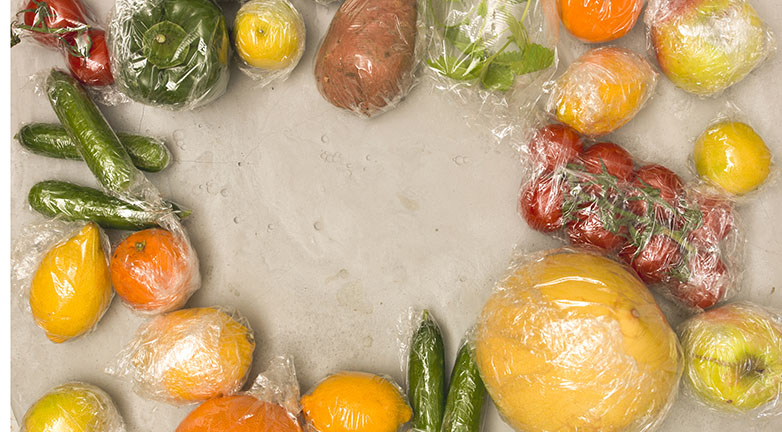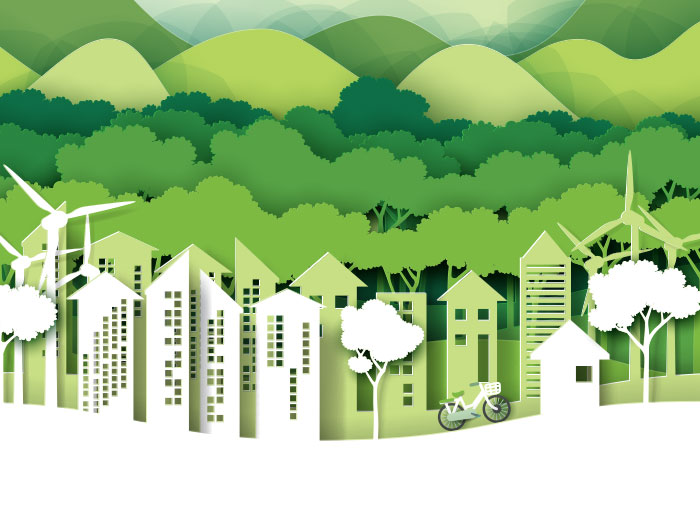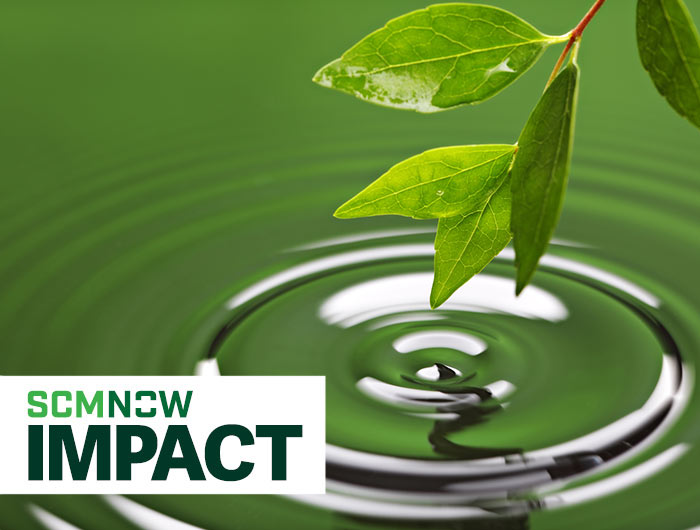The sustainability issues caused by discarded plastic products have been a hot topic for years. Communities around the world are limiting or banning plastic bags, straws, packaging and other single-use items in an effort to curb the related waste. Although many manufacturers have embraced the cause and made pledges to reduce their plastic waste, the switch away from plastic will not be simple. BBC’s Richard Gray cautions that this switch needs to be considered carefully, because there are good reasons plastic has been so popular for the past 70 years, and alternative material options may not be better.
Consider the benefits plastic packaging offers the food industry. “What may at first appear to be a wasteful plastic bag wrapped around your cucumber, for example, is actually a sophisticated tool for increasing the shelf-life of your food,” Gray writes. An unwrapped cucumber can last two days at room temperature and 9 days if refrigerated. If wrapped, the cucumber can last for 15 days in the fridge.
Using plastic can cut food waste by about half. For some foods, like grapes, plastic packaging can reduce food waste by 75 percent. Plus, anti-waste charity Wrap calculates that extending the shelf life of produce by just one day can save U.K. shoppers as much as 500 million pounds ($661 million).
Plastic packages offer benefits in the beverage industry as well. The American Chemistry Council and environmental accounting firm Trucost estimate that the environmental costs of using alternative packaging such as glass, tin or aluminum instead of plastic would quintuple the industry’s environmental costs.
“In many cases plastics are actually better for the environment than the alternatives,” explains Susan Selke, director of the school of packaging at Michigan State University, in the article. “It is surprising until you look closely at it.”
Instead of discarding the idea of plastic packages altogether, materials companies should consider ways to make plastics more biodegradable, experts suggest. The bioplastics industry has been experimenting with using starch or protein from plants to make the basic hydrocarbon materials required for plastic. Some of these bioplastics, like polylactic acid, can break down over time, while others are compostable and disintegrate entirely.
Of course, bioplastics are much more expensive than traditional plastics. A burger box made from sugarcane is twice as expensive as one made of polystyrene. In addition, a biodegradable fork made from plant starch costs 3.5 times more than a plastic one. Plus, bioplastics can be a huge contaminate for traditional recycling, which prevents other materials from being reused.
Another option is to use plastics that are more recyclable or are reusable. For example, the Coca-Cola Company launched its PlantBottle — a polyethylene terephthalate bottle partially made with Brazilian sugarcane — two years ago. The company encourages consumers to recycle the bottles to close the manufacturing loop. In addition to being environmentally friendly, recycled plastic can be cheaper to buy than fresh plastic made from oil.
“[The problem] is not as simple as ‘plastic is bad’ so let’s use something else,” says Eliot Whittington, policy program director at the University of Cambridge’s Institute for Sustainability Leadership, in the article. “It will require a complete change in the way we use product packaging at the moment.”
Sustainable choices
The APICS Dictionary defines green supply chain as, “A supply chain that considers environmental impacts on its operations and takes action along the supply chain to comply with environmental safety regulations and communicate this to customers and partners.” Supply chain managers must consider how all of their business choices affect the environment and how savings in one area of the business can create costs in another area. Furthermore, they have to consider how the business choices of their suppliers and customers can affect their supply chain’s ecological footprint.
The new APICS Supply Chain Operations Reference (SCOR) 12.0 framework incorporates sustainability standards based on the Global Reporting Initiative to help companies measure their environmental sustainability efforts and align with best practices. SCOR has been the cross-industry, global standard for supply chain excellence for the last 20 years and continues to support ways to measure, improve and communicate supply chain business performance. To access the world’s leading supply chain framework, visit apics.org/scor



